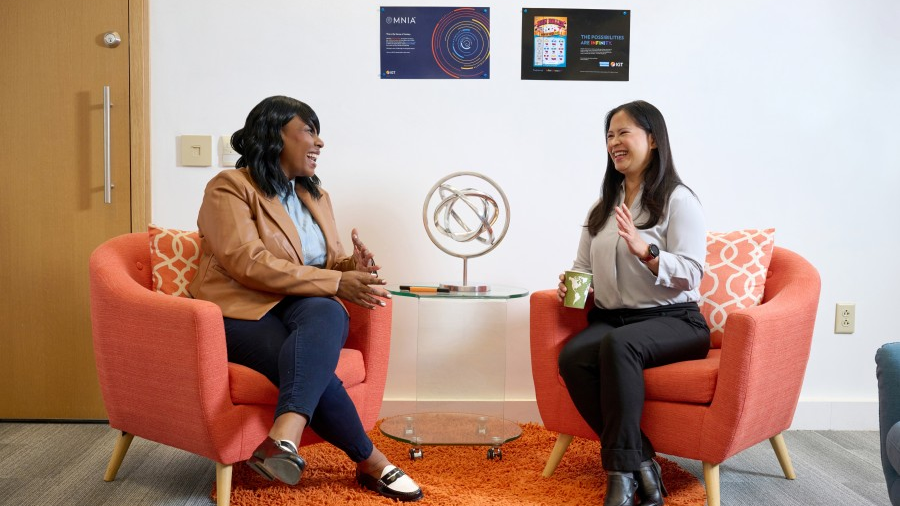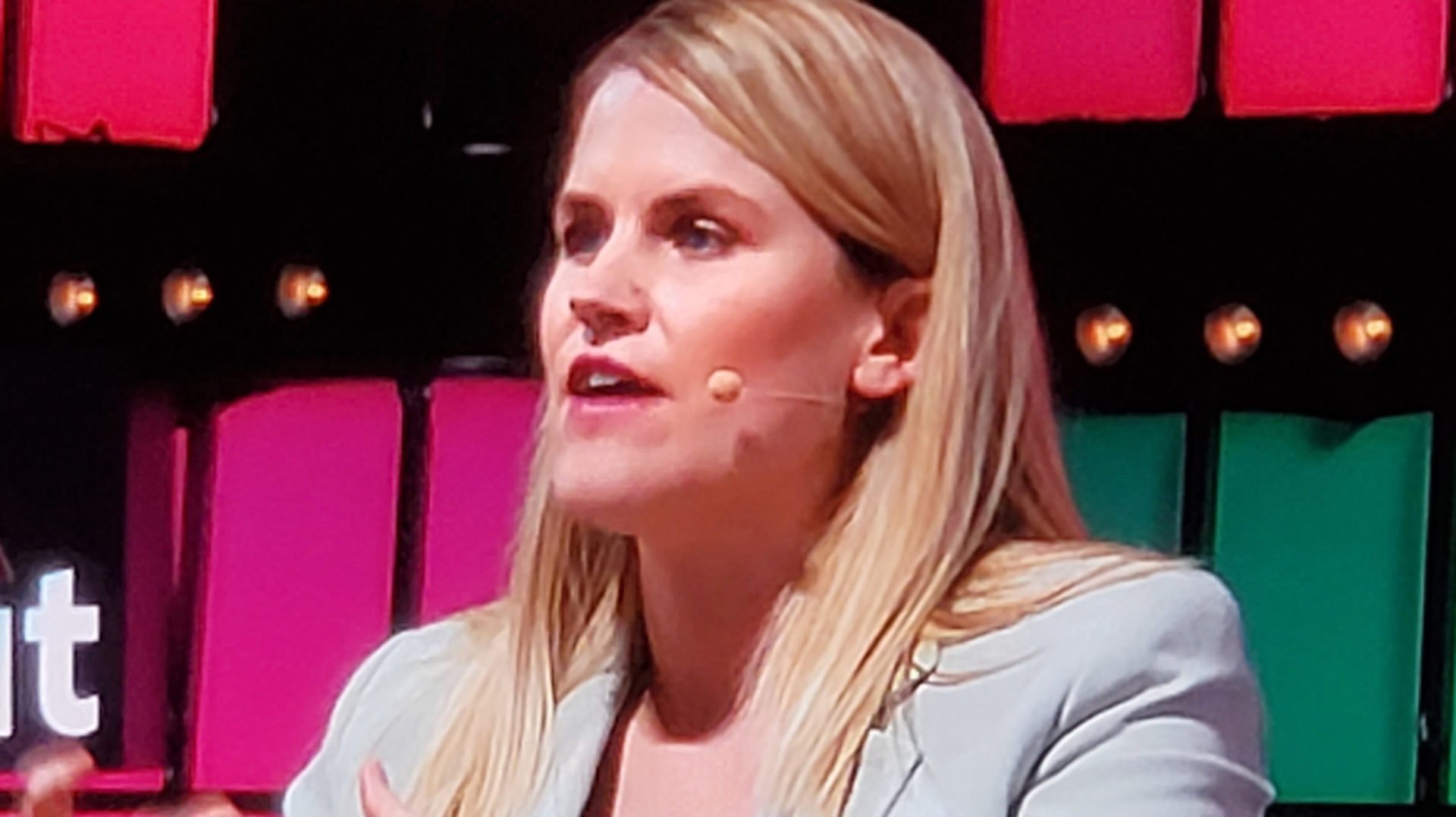
“Making the world more open is not an overnight thing. It’s a ten-to-fifteen-year thing.” – Mark Zuckerberg, quoted in The Facebook Effect, published in 2010.
In Indonesia, a typical weekend for a typical poor twenty-something frequently begins with a trip to a local store to buy some prepaid data access for his or her cellphone. The rest of the weekend will be spent using up that data, mostly accessing Facebook. As in so much of the world, the main way a huge percentage of Indonesians know what’s happening with their friends is by using Facebook.
With the announcement this week of Internet.org, a consortium of companies devoted to expanding mobile Internet access in the less-developed parts of the world, Mark Zuckerberg has found firm footing as a leader in public policy. The consortium was his idea, and emerged from his passions.
I’ve talked to him periodically about Facebook’s progress and prospects for six and a half years, since I met him in September 2006 as a writer at Fortune. Many of our conversations were during my reporting for The Facebook Effect. In all that time, his conviction that Facebook was for everyone has been unequivocal. And when he says everyone, he means everyone. That he is now working consciously and methodically on developing ways to bring the next five billion people online is no surprise.
He has also put an intellectual stake in the ground, asserting in a lengthy essay he penned for the project that connectivity is an essential and universal human right. According to a Facebook source, he stayed up until 5 a.m. one night penning this opus, which was entirely his own handiwork.
While Zuckerberg has no intention of diverting his primary focus from efforts to improve Facebook’s product, in the last year he has felt comfortable for the first time turning some of his energies towards public policy. Partly this is because he is confident in the quality of his direct reports and in the company’s general progress. With Facebook approaching 1.2 billion users, its survival is no longer in doubt.
But as he seeks to improve the “product” of Facebook, he has butted up against a hard reality. If his goal is to get Facebook into the hands of literally everyone on the planet, he and his company cannot do that alone. It’s not just a matter of marketing and public acceptance. Literally, the Internet that would support a truly world-wide network does not exist, and is not in prospect.
To build it will require fundamentally rearchitecting how wireless systems work, and how the software that resides on them works. This is beyond the capacity of his product engineers to address.
The initial members of the Internet.org consortium are the companies building the key technologies of mobile computing. They include two key device companies – global smartphone leader Samsung and Nokia, which historically dominated the phone market in the developing world. Also in the group are three companies whose hardware sits at essential positions in the wireless ecosystem: Ericsson, which dominates global mobile infrastructure; Qualcomm, which builds the wireless transmitters and processor guts for a vast proportion of the world’s phones, especially feature-rich ones; and MediaTek, a fast-rising Taiwanese maker of chips for wireless devices. The final member is Opera Software, which claims its mobile-optimized web browser software is in 350 million phones worldwide.
One key project will be creating more efficient compression algorithms that allow more data to flow across lower bandwidth signals. That will require software and technology both at cellphone towers – the kind of thing provided by Ericsson – and in the phones – where the network connects with tech from Qualcomm, Mediatek, and Samsung and Nokia.
Zuckerberg aims to improve the lives of people who pay by the bit. He predicts that over the next five to ten years it could become 100 times more affordable to deliver a wireless bit of data.
You probably presume that everybody wants a smartphone. Certainly billions do, but a smartphone won’t do them any good if the network can’t carry sufficient data. Today, a voice network might adequately cover a wide geography in Nigeria or Malaysia, but once you add the data demands of a service like Facebook, the effective coverage area of that network may decrease by half.
While pure tech companies will remain the backbone of Internet.org, I expect in the not-distant future to see other types of companies join in – certainly the world’s giant mobile carriers like America Movil, Bharti Airtel, Orange, Telefonica, Vodafone, and perhaps even China Mobile. But beyond that, other major consumer-oriented companies may want to position themselves as contributing to the betterment of lives around the globe. Why shouldn’t, just for example, Procter & Gamble offer free Facebook airtime to a customer in Brazil who buys a large container of toothpaste? That would help advance Zuckerberg’s project.
In most parts of the world, Facebook is the number one app on phones. So it makes sense that this should be the company spearheading such an initiative. For many people in places like Indonesia or South Africa or Peru, Facebook essentially is the Internet, or the primary gateway to it.
Knowing that surely helped motivate Zuckerberg. But it was what he always assumed would be the case anyway. Now that the beginnings of his big dream are starting to come true, he is determined to help push it to the logical conclusion. Making Facebook available to everyone on the planet will probably be the goal for the rest of his life. Unless it happens sooner.
This story was originally published on LinkedIn.
Understanding Zuckerberg’s Push for Global Access
In Indonesia, a typical weekend for a typical poor twenty-something frequently begins with a trip to a local store to buy some prepaid data access for his or her cellphone. The rest of the weekend will be spent using up that data, mostly accessing Facebook. As in so much of the world, the main way a huge percentage of Indonesians know what's happening with their friends is by using Facebook. With the announcement this week of Internet.org, a consortium of companies devoted to expanding mobile Internet access in the less-developed parts of the world, Mark Zuckerberg has found firm footing as a leader in public policy. The consortium was his idea, and emerged from his passions.















